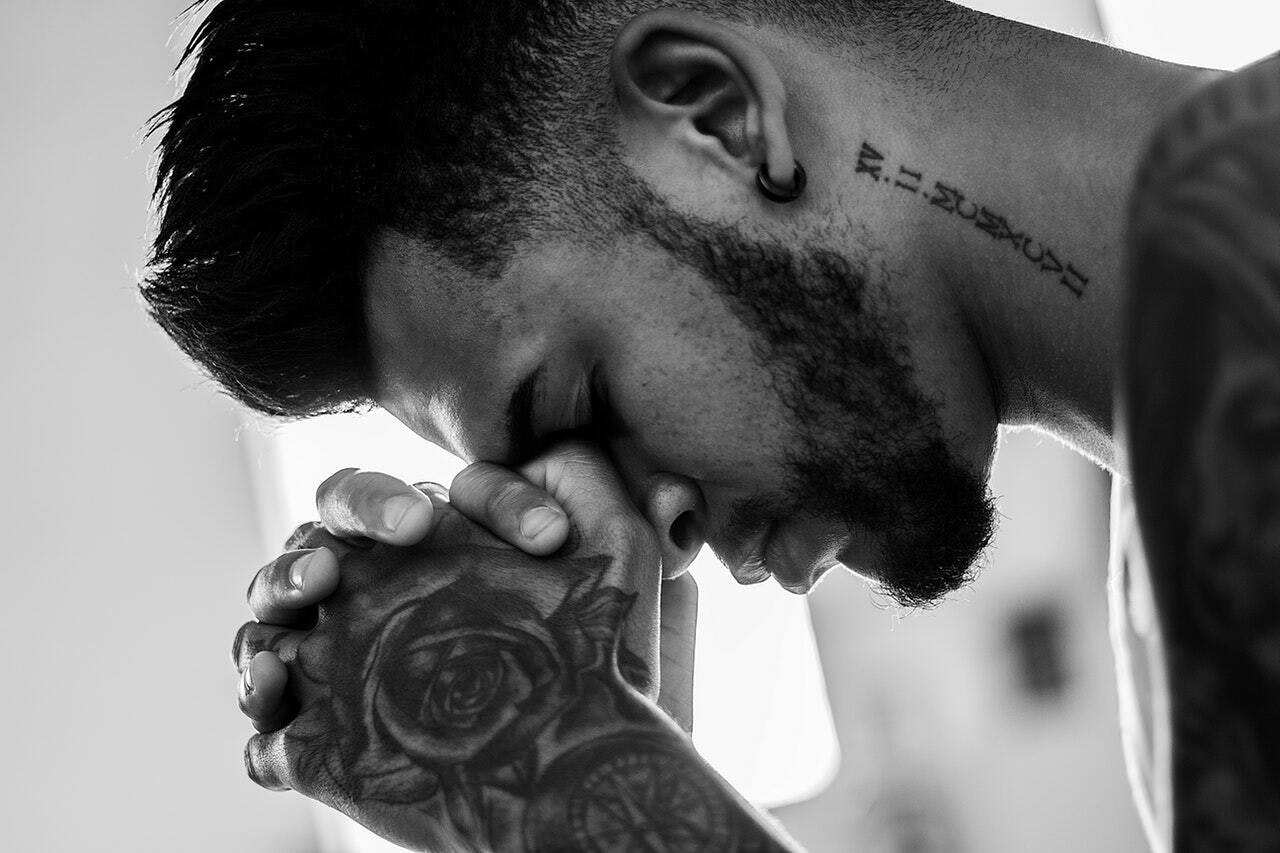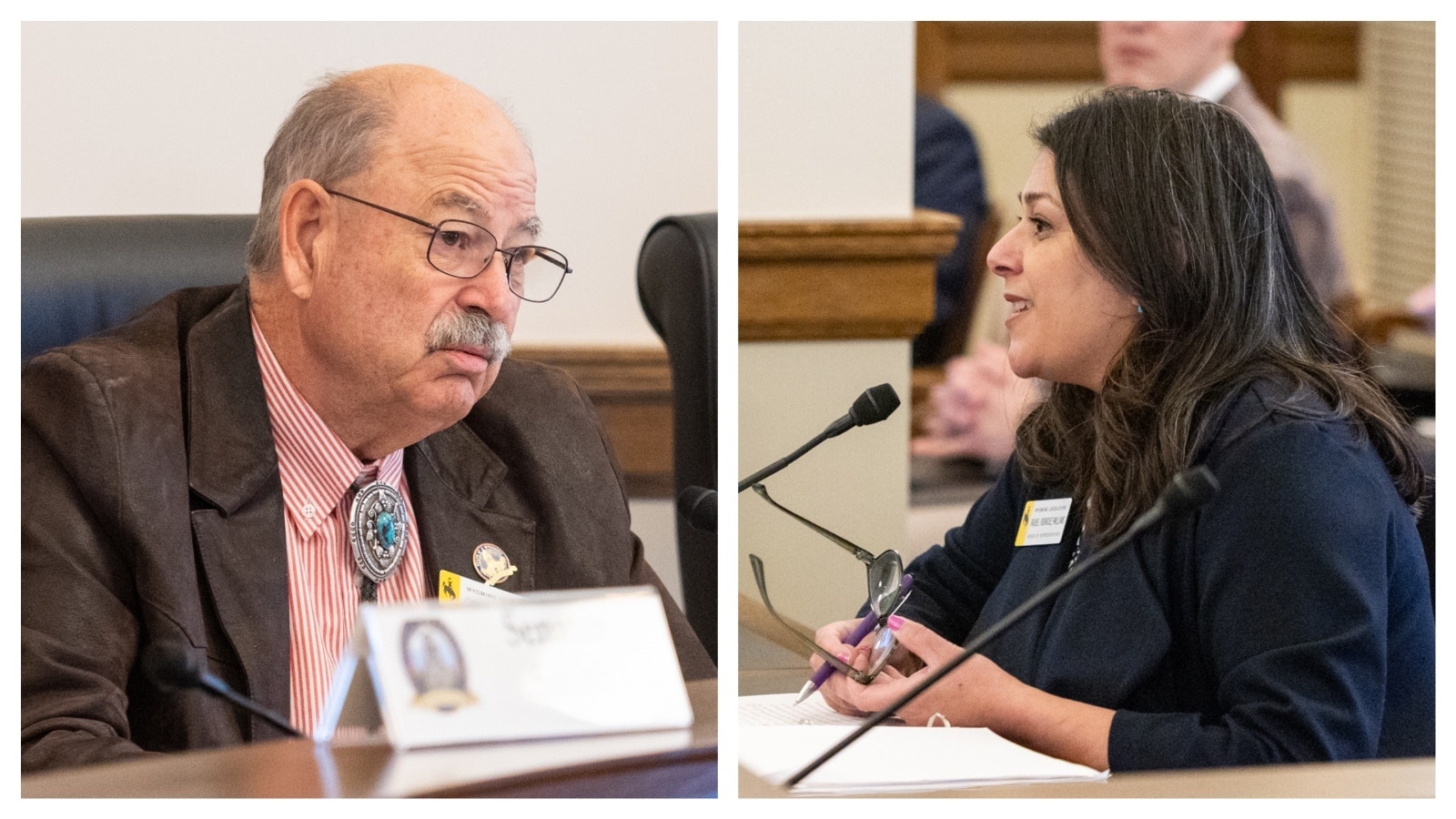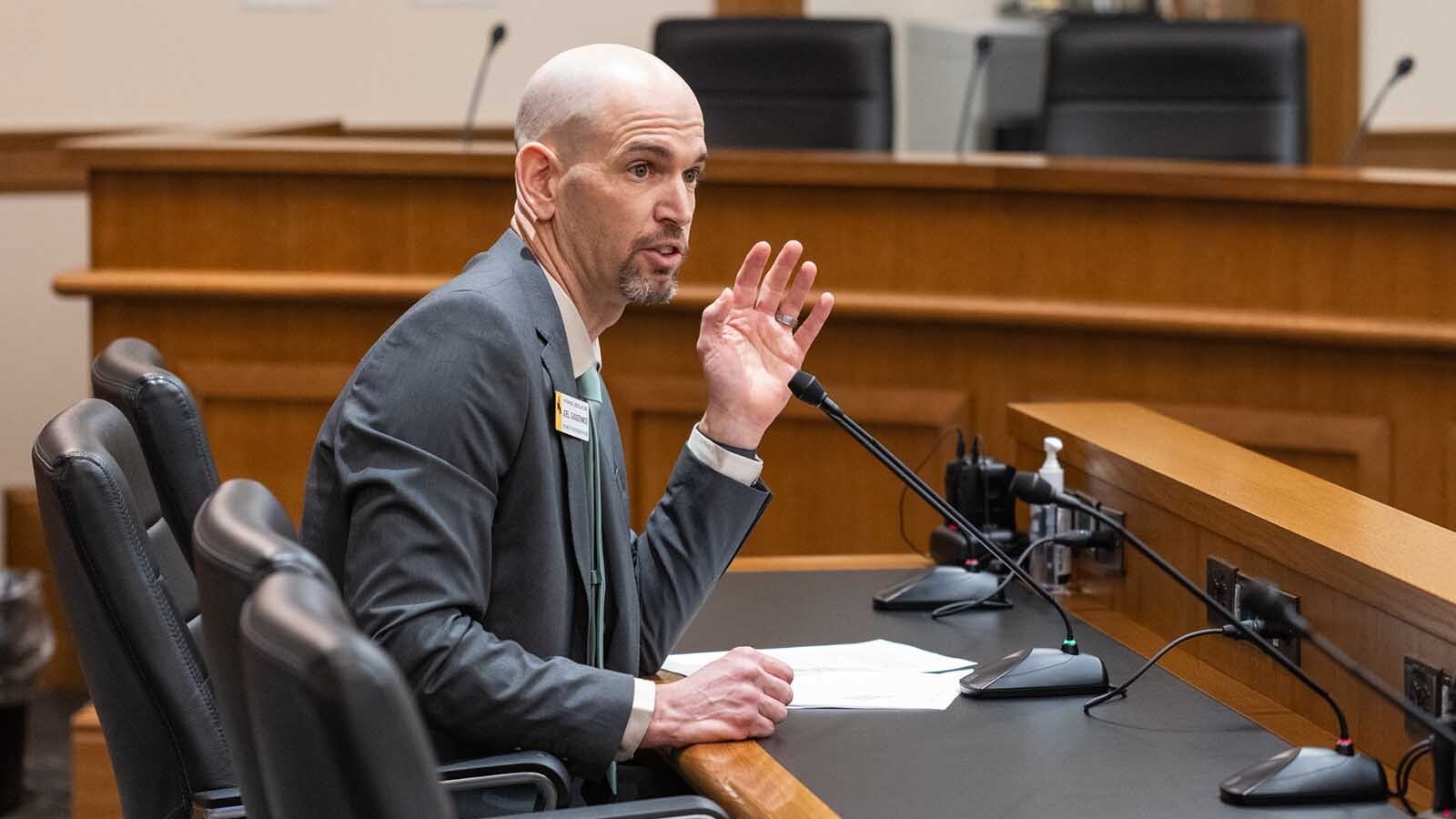By Ike Fredregill, Cowboy State Daily
Adequately and safely meeting the constitutionally guaranteed religious rights of the state’s inmates can be challenging, according to a spokesman for the Wyoming Department of Corrections.
“Inmates arguably have more religious protections than (the average citizen) to be frank,” WDOC Compliance Manager C.J. Young said. “This is probably one of the tougher areas for the justice system around the country.”
In addition to First Amendment protections for freedom of religion, inmates are also covered by the Religious Land Use and Institutionalized Persons Act (RLUIPA).
“If an inmate has a sincerely held belief, (RLUIPA) shifts the burden on to (WDOC) to justify why we can’t accommodate that,” Young explained. “We have to accommodate that belief unless it’s completely outrageous like requesting to carry around an axe.”
The WDOC is not only charged with accommodating the inmate’s beliefs, but accommodating them in the least restrictive manner possible, he said.
“An inmate requested to wear a certain type of religious item he wouldn’t normally be allowed to wear,” Young said. “We did some research with nearby facilities, and we found there hadn’t really been any problems. So we allowed it, but with the minor exception he could only wear the item in the chapel.”
Items of belief
Religious items in the correctional system fall into two categories: personal property, which is owned by the inmates, and group property, which is owned by WDOC.
“When it comes to personal property, we have a matrix of religious property that inmates can possess,” Young said. “That list can vary depending on the facility. At the Wyoming Honor Farm, inmates work with tools daily, so having a metal crucifix might not be a big deal, but in maximum security at the State Penitentiary … we’re probably not going to give (the inmate) metal, so we might find a plastic or paper crucifix they can wear.”
Inmates can acquire personal religious items through the WDOC commissary or through WDOC-approved donations from religious groups.
According to Wyoming’s checkbook provided to the public in January by Wyoming State Auditor Kristi Racines, the WDOC spent about $2,600 in 2018 with Al Hannah, an Islamic clothing provider. In 2017, the WDOC spent about $2,200 with same company, and in 2016, the agency spent about $2,400 with Al Hannah.
WDOC Public Information Officer Mark Horan said the purchases were to stock the commissary with “halal shampoo, lotion and soap products,” products prepared according to Muslim practices.Because the commissary is operated as an enterprise fund, a self-supporting fund that provides goods or services to the public for a fee, Young said the personal items purchased through it are not paid for with tax dollars.
“What the (commissary) makes, they then use to purchase items to sell to inmates,” he said.
The only commissary expense that is funded through the WDOC general fund is staff salaries, Young added.
The store can mark up the price of some items to turn a profit, but Horan said religious items cannot be marked up.
Group items, on the other hand, are not owned by the prisoners, nor can they be purchased by the prisoners.
Group items are available to inmates at predetermined times, such as religious services, and typically, under the supervision of a chaplain.
“Take Asatru (a Norse-pantheon religion) for instance, they can have a drinking horn in group property,” Young explained. “But, they can’t have that property in their cells.”
Religious Privileges
The WDOC accommodates at least 25 religions throughout the prison system, and Christianity is the most popular, Young said.
“The department doesn’t tell anybody that you can’t believe in a god or religious practice,” he said. “What we do is recognize certain faith groups that are prevalent enough and don’t pose any risks that we allow them to have privileges inside our facilities.”
Islam, Wicca, Satanism, Judaism and Asatru are among the recognized religions, and recently, Young said the WDOC added humanitarianism to the list, which is regularly reviewed and updated.
“We try to be flexible,” he said. “When inmates come in, if there’s a new practice or a new faith group, we try to give everything a fair shot.”
If an inmate wants the WDOC to recognize a new belief system or religious practice, Young said they can follow a paperwork process lining out their request. The WDOC reviews the form and either grants or denies the request.
A denial can be appealed, Young said.
‘An opportunity to reset’
Accommodating faiths and belief systems can be difficult in a rural state with limited religious support networks, Young said.
“The only rabbis in Wyoming are in Jackson and Cheyenne, and we don’t have a facility in either of those,” he explained. “When it comes to some of the earth-based religions like Asatru or Wicca, we’re looking at trying to find someone in Denver or on the East Coast that’s any type of professional in their field.”
Because of this, WDOC relies heavily on religious volunteers, who can offer services and guidance to inmates.
Beyond constitutional requirements, access to religion is an important part of the prison system, he said.
“The public and even us in corrections, we can have a tendency to be jaded,” Young said. “There is an old joke that God lives in maximum security prisons, or at least, that’s where everyone finds him. Or, ‘You should thought about being religious before you committed the crime.’”
On the path to reconciliation and rehabilitation, however, faith is one of the few tools available to inmates.
“When you’re in prison, there’s only three things you get: food, a very small amount of property, and religion,” Young said. “For many, faith is opportunity to reset their lives or mindsets.”
To learn more about volunteering for WDOC religious programming or donating religious items to inmate’s religious groups, call the WDOC at 307-777-7208.





